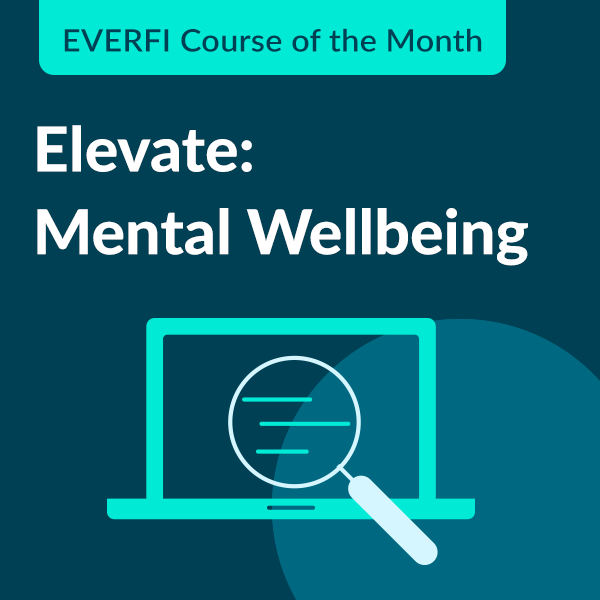Young people waiting anxiously for their A-level and BTEC grades to be published later this week will take little comfort in knowing that they are entering the history books as the first students to be awarded grades without sitting an exam, following the cancellation of exams due to COVID-19. The government’s last-minute announcement that they will allow students to use mock exam results instead of adjusted teacher assessment grades has only added to the uncertainty that has characterised the last few months.
At the same time, universities are preparing for their own firsts, as they get ready to welcome many of these students onto virtual campuses or into socially-distanced lecture theatres – having already navigated new short-term limitations on student numbers and unconditional offers, and the introduction this year of Clearing Plus.
Six months ago it was unimaginable that these young people’s school careers would end as they did, and that they would be moving onto this version of university life – with its closed bars, online textbooks, compulsory face masks and regular testing. But, in these unprecedented times, what are they really thinking and feeling?
Young people are worried about their futures
Young people are more worried than ever about their future prospects – and from our own research, we know that exams and future employment are among even younger teenagers’ top concerns. The Take the Temperature report saw 58% of the young people interviewed state that COVID-19 made them uncertain of their future. In addition, the pandemic and ensuing lockdown has had a marked impact on the emotional wellbeing and mental health of young people, who are reporting increased feelings of loneliness and anxiety.
Experts warn that this emotional and mental impact will not ease quickly and that support services will need to prepare for the ongoing impact and effects of the pandemic.
Young people are still planning to go to university this year – but there are concerns about continuation
Despite the government’s recent scrapping of the 50% participation rate target and criticism of “popular sounding courses with no real demand from the labour market”, coupled with the fact that the ‘student experience’ will be much changed in the short term at least, more school leavers are looking to start university in 2020 than in any previous year. As of 9th July, 281,980 young people had applied to university – bringing the percentage of 18 year olds who have done so to over 40% for the first time. UCAS have reported more students currently holding a firm offer for autumn, and fewer accepting deferred places than at the equivalent point in 2019.
But getting there is just part of the journey. Even before COVID-19, 15.8% of university students said that they feel lonely every day, and 16.6% said they didn’t consider that they had any true friends at university. And these measures directly correlated with non-continuation rates – so the more lonely a student is, the more likely they are to drop out.
In another survey, 65 percent of students said they would struggle to stay connected with peers and the university should face-to-face contact be limited – and that’s with relationships already established. The removal of chances to forge relationships, and the “in between moments” that help students to feel part of a community, and therefore to succeed, may well lead to more dropouts – into an already hostile job market. We know from our own research that students want a university to feel welcoming and inclusive, so they will need to find novel ways of ensuring that this happens in order to attract and retain students.
The growing higher education inequalities facing disadvantaged young people
UCAS applications have been received from over a quarter (25.4%) of young people from the most disadvantaged backgrounds for the first time. These are encouraging figures for the sector’s widening participation efforts – but it’s not all good news.
The closing of schools for most students in March has raised concerns about the UK’s least advantaged young people. Students’ unequal access to technology, space, and support during the school closure period has widened gaps between the most and least affluent students and the teacher assessment processes that have replaced exams have been criticised as negatively as affecting a disproportionate number of disadvantaged students – meaning that these students may struggle to meet their conditional offers.
COVID-19 is likely to have a doubly disproportionate economic effect on those who are both disadvantaged and young, and many from the least affluent backgrounds reliant on now hard-to-find part-time jobs in retail and hospitality to support them during university. This raises concerns over how these young people will make it through university, even if they get there in the first place.
International students still want to come to the UK
As of late March, 52% of international students reported planning to defer their university place. This has quickly decreased, however, with more recent surveys estimating around three quarters (74%) intend to begin their studies as planned. This change reflects the easing of lockdown measures across the UK, which will give students more freedom to enjoy campus and university life in a more ‘normal’ way. In fact, 77% of students surveyed agreed they would willingly follow quarantine procedures if it meant being able to sooner commence face-to-face learning.
What does this mean for the future of higher education?
More students from all backgrounds are now applying to university; the appetite for higher education is clearly present, and has only increased during lockdown. But in these unusual, uncertain times, it’s harder than ever for them to navigate the complex path to and through university.
It is crucial that universities understand what attracts students to higher education and to a particular institution, and what they need to succeed. What are the stages of a young person’s decision-making journey? Who and what influences and steers them? Where are the barriers to both access and success, and how can universities help young people to navigate these?
Now is the moment for universities to take stock of their assets and offers, in order to understand what makes them unique and appealing to young people, and how best to meet the needs and wants of prospective and current students. Get in touch for a free consultation call to see how our research, consultancy and marketing teams could help you to do this.
References
Coronavirus generation: why young peoples lives may never be the same, Sky News, 2020
Take the temperature: Report National Youth trends, National Youth Trends, 2020
Coronavirus impacts bame childrens mental health more than white peers research shows, Children and Young People Now, 2020
Universities Minister calls for true social mobility, Gov.uk, 2020
University applications rise during lockdown, UCAS, 2020
Only the lonely – loneliness, student activities and mental wellbeing at university, WonkHE, 2019
The expectation gap: students experience of learning during COVID-19 and their expectations for next year, WonkHE/Pearson, 2020
Coronavirus risk assessments need to cover mental as well as physical health, WonkHE, 2020
GCSE and A-level results ‘could be affected by bias’, BBC News, 2020
International students willing to quarantine-if they can start face-to-face learning sooner, IDP, 2020









